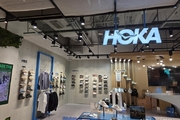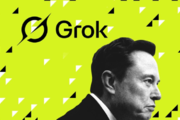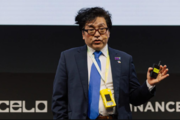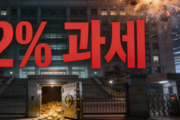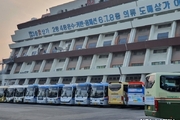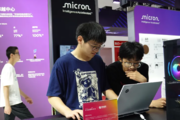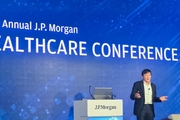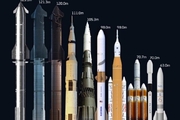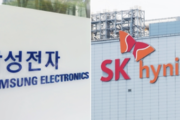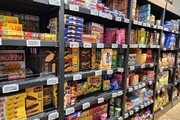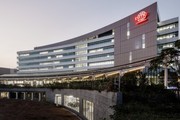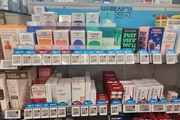
[News Space=Reporter seungwon lee] Celltrion's breast cancer and stomach cancer treatment drug 'Herzuma' (ingredient name: trastuzumab) has proven its strong competitiveness in Japan, a key Asian pharmaceutical market, recording a 74% market share as of November this year.
Since surpassing the original product in market share for the first time in the second quarter of 2021, Hejuma has maintained the lead for three consecutive years, and is currently widening the overwhelming gap with competing products with a market share of over 70%.
This achievement is interpreted as the result of a synergy effect created by a comprehensive combination of factors such as proving product competitiveness by obtaining approval for a three-week regimen that accounts for more than 90% of the Japanese breast cancer market in August 2019, a system environment favorable to biosimilars, and a customized sales strategy based on a close analysis of the local pharmaceutical market.
In Japan, cancer is a representative disease group included in the Japanese-style comprehensive fee system 'DPC' (Diagnosis Procedure Combination) system, which is classified as a biosimilar-friendly policy. In the DPC system, medical expenses are determined by the Japanese government, and from the hospital's perspective, it is more advantageous to prescribe cheaper drugs because they can earn profits equivalent to the reduced costs. In addition, the use of low-priced drugs can also benefit the government refund and reduce out-of-pocket expenses, so it is evaluated as a policy that is beneficial to hospitals, the government, and patients.
Based on such friendly policies, Celltrion Japan has focused on increasing prescription preferences and strengthening networks for key stakeholders (KOLs) with high influence on drug prescriptions. The sales strategy of local corporations and distribution partners selling products separately also had a positive effect. Since each company has different distribution channels with strengths, each company focused on marketing activities individually, forming a tighter sales network and maximizing sales effects.
Based on this strategy, another anticancer drug, metastatic colorectal cancer and breast cancer treatment 'Vegzelma' (ingredient name: bevacizumab), also recorded a market share of 23% as of November this year, which is about three times higher than the same month last year. In particular, Veggzelma is on the road to success, ranking second in biosimilar prescriptions just one year after its release, despite being the latest entrant to commercialization in Japan last year.
Celltrion is also continuing to make remarkable achievements in the Japanese autoimmune disease treatment field. Celltrion's flagship treatment, 'Remsima' (ingredient name: infliximab), is maintaining the top spot in biosimilar prescriptions with a 39% market share thanks to a localized sales strategy. 'Uplyma' (ingredient name: adalimumab) is also increasing its influence in the market by overcoming the handicap of being a latecomer and taking the top spot in biosimilar prescriptions with an 8% market share in just over a year.
Celltrion aims to successfully establish follow-up products in the Japanese market based on the sales performance of existing products. Through this, the company plans to strengthen its competitiveness by expanding its product portfolio in Japan to new areas such as autoimmune disease treatment, anticancer drugs, allergic diseases, eye diseases, and bone diseases.
A Celltrion official said, “In Japan, a major Asian market, Celltrion’s unique product competitiveness, differentiated sales strategy, and favorable institutional foundation have led to all of our launched products, including Herzuma, sailing smoothly through the market and showing overwhelming results,” adding, “We will continue to strengthen our sales capabilities so that follow-up products to be launched in Japan in the future can also achieve significant results.”




